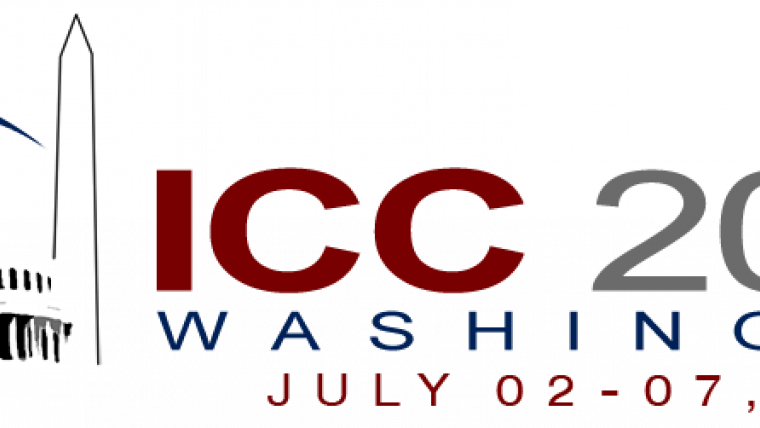International Cartographic Conference 2017: National Societies and Worldwide Experiences
The 28th International Cartographic Conference took place from 2-7 July 2017 in the impressive surroundings of the Wardman Hotel in Washington DC, USA. One of the many fringe meetings, including gatherings of ICA Commissions across Washington in the preceding days, was an inaugural meeting of a ‘World Cartographic Forum’. This initiative, promoted by Alex Kent, president of the British Cartographic Society, is intended to collect the experiences and practices of national cartographic societies from around the world to address common problems of purpose, governance, services, membership retention, establishment and relations with kindred organisations.
In introductory remarks, the ICA President reflected on the nature of membership of an organisation (such as a national cartographic society): previously membership used to be taken as a firm, long-term commitment; today with the rise of social media, making it is very easy to ‘unfriend’ or withdraw from engagement, the concept of belonging to a society is much more fluid, and the commitment to such a society is much more irregular. Many societies have an ageing profile, and difficulty in recruiting younger cartographers: membership is not perceived as important by young people.
It was agreed that the attracting, retaining and offering of benefits to members is crucial. Here, publications have a particular importance, with formal journals of record and informal newsletters being equally valued. In some cases, differing membership categories can be created with variable access to materials of direct interest. The monitoring of membership, characteristics of members, events and their impact, are also critical to meet expectations and assess impact.
Conferences are regarded as important information conduits, but are also vitally important for networking and maintaining an engagement with the society. One society’s experience was to insist on membership as a pre-requisite for conference attendance. For another society, a lot of work goes into ensuring the conference goes well, student discount is large, the conference recognises professional/commercial sectors, travel awards go to members from across the field, the conference is open to all, and is abstract-based only. In this case, the representative suggested that >50% of the conference effort was devoted to non-academic activities. Focussing on young people with alternative, less formal, models of conference activity such as ‘hackathons’ (with pizza and beer supplied) was considered as the way forward.
It was pointed out that some conferences only succeed due to sponsorship by engaged commercial companies: this is a vital component for some, but others experienced conferences as being a source of funds rather than a drain on resources.
Other experiences presented were less generic, and covered experiences in recruitment, accreditation, maintaining quality in outputs, and jointly working with national sister societies. Summarising, Dr Kent solicited thoughts on the future for the Forum, an online presence, the role of the Forum in future ICA conferences, and initiatives for getting young people engaged.
For more information see the Conference website.

Value staying current with geomatics?
Stay on the map with our expertly curated newsletters.
We provide educational insights, industry updates, and inspiring stories to help you learn, grow, and reach your full potential in your field. Don't miss out - subscribe today and ensure you're always informed, educated, and inspired.
Choose your newsletter(s)












